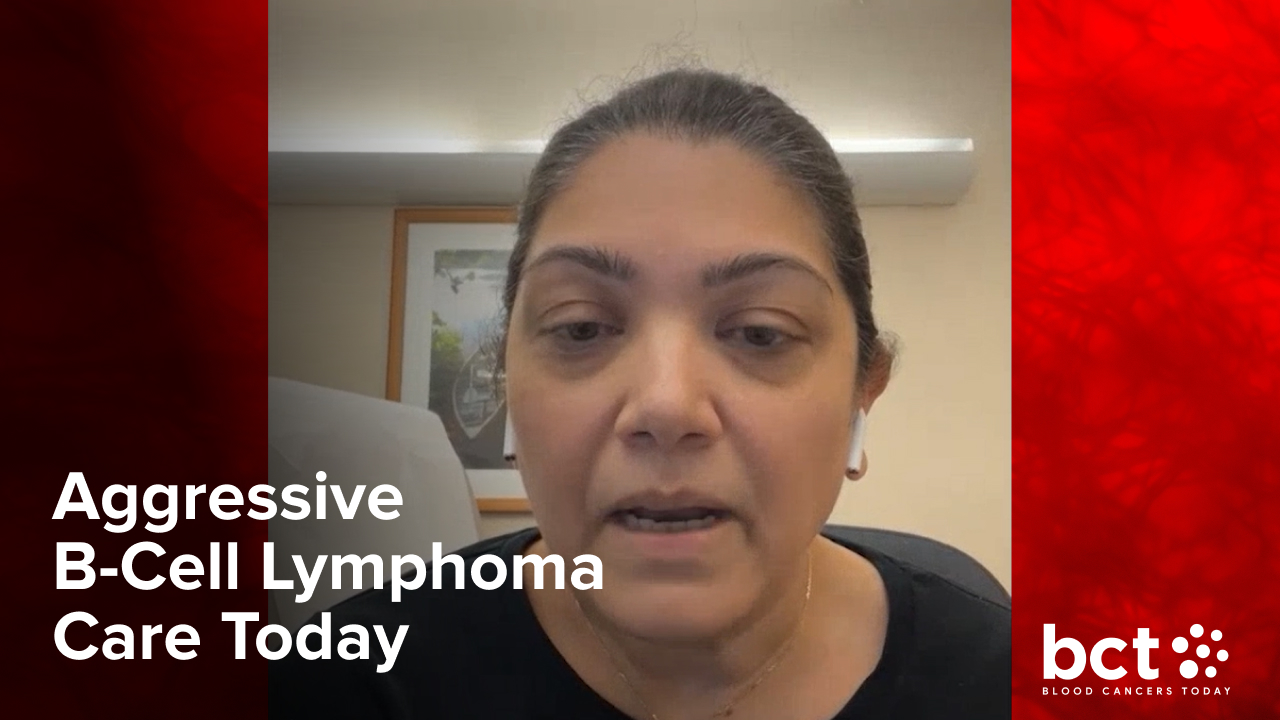
Avoidant coping strategies were associated with increased anxiety and depression symptoms in caregivers of patients who receive hematopoietic stem cell transplantation (HSCT) for a hematologic malignancy.
Hermioni L. Amonoo, MD, MPP, of Brigham and Women’s Hospital, the Dana-Farber Cancer Institute, and Harvard Medical School and colleagues conducted the research and published their findings in Blood Advances.
Caregivers of patients with hematologic malignancies undergoing HSCT “must cope with substantial caregiving burden, high rates of psychological distress, and diminished quality of life,” but data describing coping strategies before HSCT and the association between coping, quality of life, and psychological outcomes “are lacking” in this population, according to the authors.
They conducted a secondary analysis of data that were collected during a multisite, randomized clinical trial that evaluated a supportive care intervention in patients who received HSCT and their caregivers. Dr. Amonoo and colleagues enrolled 170 caregivers from the trial, with a median age of 53 years. Nearly all caregivers were non-Hispanic (96%), most were White (87%), and many were female (77%). Most caregivers (77%) were married, 55.3% were employed, 57.7% were college educated, and 45.9% identified as non-Catholic Christian.
The caregivers completed the Coping Orientation to Problems Experienced Inventory, the Hospital Anxiety and Depression Scale, and the Caregiver Oncology Quality of Life Questionnaire.
Dr. Amonoo and colleagues grouped coping strategies into two higher-order domains, approach-oriented strategies, and avoidant strategies. Approach-oriented strategies included active coping and emotional support, while avoidant strategies included self-blame and denial.
They used the median split method to describe the distribution of coping approaches and used multivariate linear regression models to assess the relationship between coping and caregiver outcomes.
Nearly half (49.4%) of caregivers reported a high use of approach-oriented coping strategies, while 32.9% reported high use of avoidant coping strategies.
More than half (55.9%) of caregivers scored above the median for using acceptance as a coping strategy, while 45.9% scored above the median for using positive reframing, and 44.1% scored above the median for using religious coping.
Approach-oriented coping strategies were associated with less anxiety (P=.003) and depression symptoms (P=.009), and improved quality of life (P=.002). However, avoidant coping strategies were associated with more anxiety (P<.001), depression symptoms (P<.001), and worse quality of life (P<.001).
“Our findings suggest that coping is related to distress and [quality of life] among caregivers of HSCT recipients even before transplant,” Dr. Amonoo and colleagues concluded. “Hence, caregivers of patients with hematologic malignancies undergoing HSCT may benefit from resources that facilitate adaptive coping with the demands of caregiving.”
Reference
Amonoo HL, Johnson PC, Nelson AM, et al. Coping in caregivers of patients with hematologic malignancies undergoing hematopoietic stem cell transplantation. Blood Adv. 2023;7(7):1108-1116. doi:10.1182/bloodadvances.2022008281






 © 2025 Mashup Media, LLC, a Formedics Property. All Rights Reserved.
© 2025 Mashup Media, LLC, a Formedics Property. All Rights Reserved.